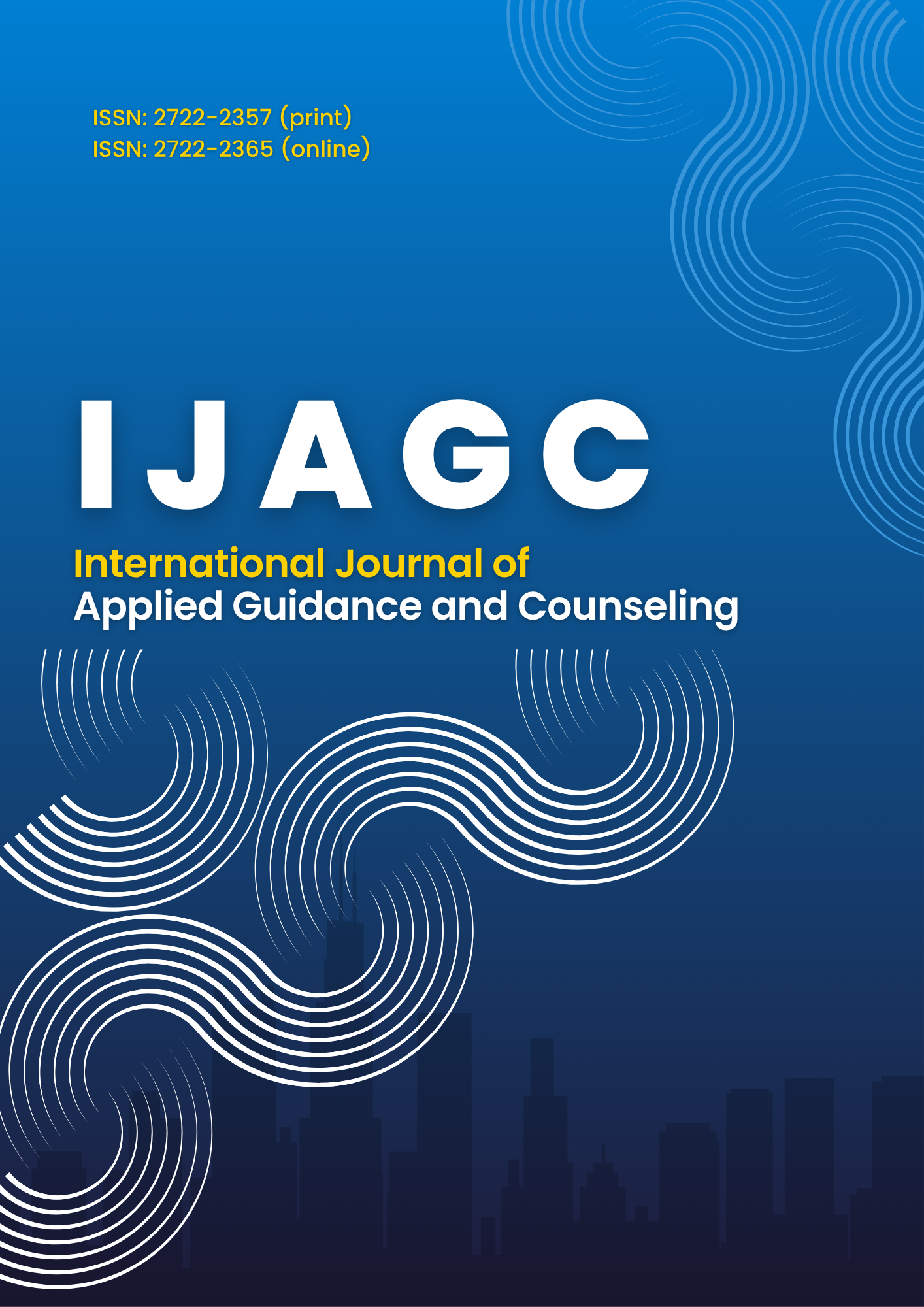Self-Efficacy and Social Withdrawal Among Secondary School Adolescents in Kwara State
DOI:
https://doi.org/10.26486/ijagc.v4i2.3772Abstract
Secondary school teenagers' social retreat was examined in relation to self-efficacy and gender. The study is guided by two goals, two research questions, and two research hypotheses. It was conducted using a descriptive research correlational design. 100 youths were randomly selected from five senior secondary specialised schools. The General Self-Efficacy Scale by The University of Kansas Center (2015) r = 0.86; and the Social Ability Deficiency Scale (SADS/SPS) by Akinade (2017) r = 0.17 were used to collect the data. The Pearson Product Moment Correlation and T-test were used in the study to formulate and test two research hypotheses. Results showed that there is a very strong positive relationship between self-efficacy and social withdrawal (p. 0.05 < r.cal. = 0.863), but there is no significant relationship between male and female adolescents’ social withdrawal behaviour (p. 0.05 < t.cal. = 31.318). Based on the results, the study concluded that self-efficacy has a significant positive relationship with social withdrawal among secondary school adolescents. The study also concluded that female adolescents were more affected by social withdrawal behaviour than their male counterparts. Based on the conclusion, the study recommends, among others that the school management set aside a day for adolescents to engage in co-play. The school counsellors should organise a conference for female adolescents to orientate them more on self-evaluation in order to help them be aware of social withdrawal behaviour symptoms and how to build on their self-efficacy.
Downloads
Published
Issue
Section
License
Copyright (c) 2023 Taiye Hassan AHMED , Habibat Bolanle ABDULKAREEM, Adekola Kamil LASISI

This work is licensed under a Creative Commons Attribution-ShareAlike 4.0 International License.
Authors who publish with IJAGC: International Journal of Applied Guidance and Counseling agree to the following terms:
Authors retain copyright and grant the Insight right of first publication with the work simultaneously licensed under a Creative Commons Attribution License (CC BY-SA 4.0) that allows others to share (copy and redistribute the material in any medium or format) and adapt (remix, transform, and build upon the material) the work for any purpose, even commercially with an acknowledgement of the work's authorship and initial publication in Insight. Authors are able to enter into separate, additional contractual arrangements for the non-exclusive distribution of the journal's published version of the work (e.g., post it to an institutional repository or publish it in a book), with an acknowledgement of its initial publication in Insight.
Authors are permitted and encouraged to post their work online (e.g., in institutional repositories or on their website) prior to and during the submission process, as it can lead to productive exchanges, as well as earlier and greater citation of published work (See The Effect of Open Access).












